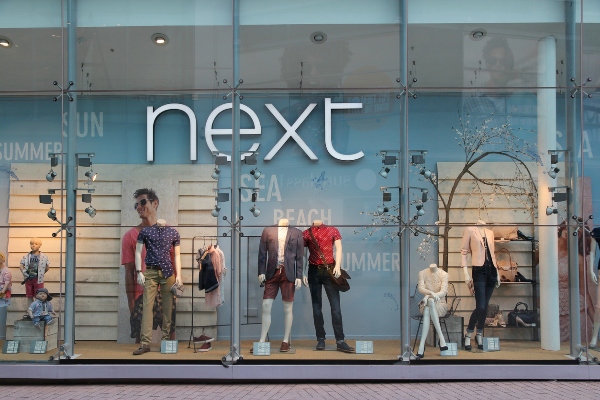Next profits bolstered by online sales during lockdown
High street stalwart shows its resilience, though questions remain for when normality resumes
1st April 2021 09:02
by Richard Hunter from interactive investor
High street stalwart shows its resilience, though questions remain for when normality resumes.

Next (LSE:NXT) is often an unsung hero among investors, but these results again show the resilience and the openness in the way the company operates.
Previously detailed guidance means that there are few surprises in this update.
Pre-tax profit is exactly as predicted by the company, with the figure of £342 million comparing with £729 million the previous year.
Net debt has also reduced significantly, to £610 million from £1.1 billion, slightly better than the formerly estimated £625 million. Full price sales overall dropped by 15% and total sales by 17% as expected. The company’s previous assumption of full store closures for the whole of February and March has been vindicated.
Meanwhile, an additional spend of £121 million during the period on systems and warehousing enabled support for the burgeoning online channel, where full price sales increased by 13%.
The channel also had a notable increase in cash, rather than credit, payments from customers, thus keeping a lid on potential defaults.
- The UK’s best-performing shares during the pandemic
- 14 investment trusts to inflation-proof your portfolio
- 10 stocks that helped AIM be a world beater
Online and finance now account for more than 70% of overall sales, and in the first eight weeks of its new financial year Next has reported that online sales are 60% ahead of the figure from two years ago.
The company admits it is difficult to predict how much of the change in consumer behaviour to online will stick after the pandemic, although this could be here to stay.
It is therefore also keeping a close eye on its retail estate, ensuring that it is appropriate for the overall direction of the group. Over the last year city centre and shopping mall volumes dropped significantly – and unsurprisingly – and were partially offset by retail park revenues where social distancing was easier to introduce when stores were allowed to open.
In terms of outlook, the surge in online sales has resulted in a profit upgrade for the new year to £700 million from a previous £670 million, while overseas and LABEL sales are also showing signs of increasing strength. At the same time, a partial return to the workplace and the renewed ability to socialise could lead to many buying new clothes.
Next’s decision not to pay a dividend for the period and to maintain the suspension of buybacks may come as a disappointment to some investors. The company remains committed to reviewing the situation when visibility improves, and the decision may yet turn out to be prudent if a wave of unemployment and subdued consumer sentiment results from the removal of government aid later this year.
The sharp decline in the share price as the initial full lockdown kicked in flatters the recent performance, with the shares having surged 93% over the last year as compared to a rise of 23% for the wider FTSE 100. Even so, the direction of travel has been restored, and by way of comparison the shares are up by 41% over the last two years.
Next has attracted high expectations for some considerable time, and regardless of its performance and progress the market remains a tough nut to crack. Although the financial resilience of the company has been demonstrated during an extraordinary time, and despite an upbeat outlook, the general view of the shares as no more than a strong ‘hold’ is likely to remain intact.
These articles are provided for information purposes only. Occasionally, an opinion about whether to buy or sell a specific investment may be provided by third parties. The content is not intended to be a personal recommendation to buy or sell any financial instrument or product, or to adopt any investment strategy as it is not provided based on an assessment of your investing knowledge and experience, your financial situation or your investment objectives. The value of your investments, and the income derived from them, may go down as well as up. You may not get back all the money that you invest. The investments referred to in this article may not be suitable for all investors, and if in doubt, an investor should seek advice from a qualified investment adviser.
Full performance can be found on the company or index summary page on the interactive investor website. Simply click on the company's or index name highlighted in the article.